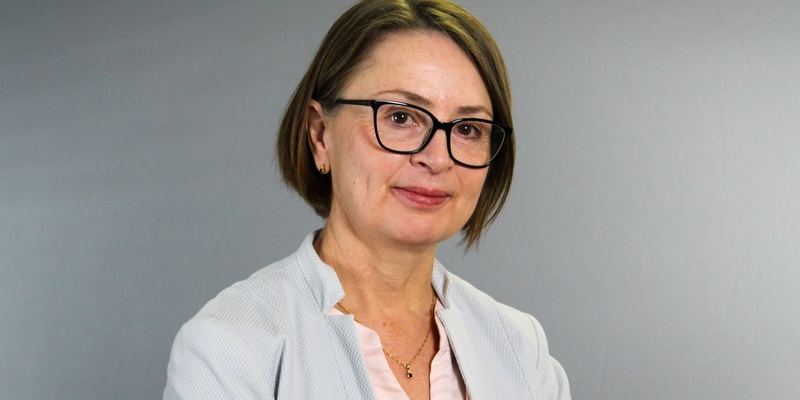SPOTLIGHT: Q&A with Gabrielle Vivian-Smith
Posted on Mon, 19 Feb 2024, 07:38

©Courtesy photo
On 11 February, the world commemorated the International Day of Women and Girls in Science, an opportunity to promote full and equal access to and participation in science for women and girls. In this edition of On Profile, we feature Gabrielle Vivian-Smith, Australia’s Chief Plant Protection Officer and the only female on the Bureau of the IPPC’s governing body, the Commission on Phytosanitary Measures (CPM).
Briefly describe your career and your current role.
My formal qualifications include a Bachelor of Agricultural Science (Hons), a Graduate Diploma in Horticulture and a PhD in Ecology. Early in my career I worked in a variety of agriculture and plant science roles in industry, academia and not-for-profit sectors in both tropical and temperate environments in Australia and overseas. I have now been working in biosecurity and plant health for around 25 years managing a range of complex, high profile biosecurity programmes and portfolios in science, operational response and policy.
In 2021, I was appointed to my current role as the Australian Chief Plant Protection Officer. In this role, I am Australia’s Delegate at the International Plant Protection Convention. As Australia’s Chief Plant Protection Officer, I work to protect Australia's plant-based industries and our natural environment from harmful exotic plant pests and diseases as well as safeguarding export markets and supporting market growth.
When and why did you first become interested in plants and the work of plant protection?
As a teenager, I was intrigued by plants and the natural environment as a result of going hiking on the Lamington Plateau in Queensland with my father who loved exploring the rainforest. I’ve always been impressed and fascinated by plants, their interactions with other organisms and their contributions to ecosystems that help support life on earth. I have spent virtually my entire career working with or on plants.
What has been the highest point of your career?
The high point of my career was being appointed as Australia’s Chief Plant Protection Officer, which gradually came into focus as my dream job. Australia is a country that is recognized as a world leader in biosecurity with an enviable plant health status. It is a great privilege to have a role protecting plants and being a steward of some of the world’s most unique and precious plant life and natural vegetation as well as helping to support Australia’s excellent standing as a clean and green producer of top-quality plant products.
In your long and illustrious career in plant science, what would you say has contributed to your success so far, especially as a woman in science?
My career in plant science was initially inspired by enthusiastic and supportive science teachers who astutely recognised my aptitude, pushed my boundaries and convinced me that a science career, although unconventional for a girl in those days, was worth pursuing and could offer interesting educational and career opportunities.
A huge contributor to my success has been the opportunity to working with inspiring mentors and role models who have shown me how to do things. Like how to be encouraging, optimistic and inclusive; how to have rewarding collaborations; how to balance having a family and a science career; how to build a diverse and high functioning science team; and how to push boundaries. Over the years I have returned again and again to think about these inspiring individuals and reflect on their special qualities.
As someone passionate about plants and protecting plant resources from pests, what legacy would you like to leave in the world?
I would like to think my legacy is to have helped to protect Australia’s plant-based industries and natural environment from harmful exotic plant pests and diseases. I also would like to hope that I have helped in some way to build an enthusiastic and capable workforce of plant health professionals who continue the important work of safeguarding plant health in Australia, the Southwest Pacific and beyond.

